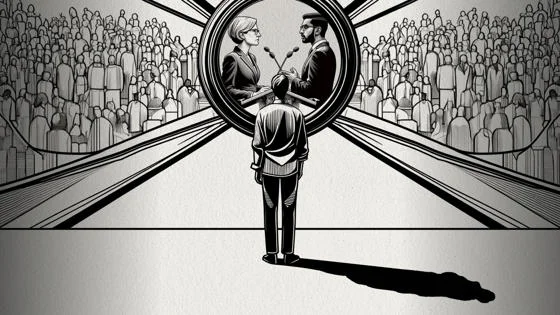Can the Open Society survive the information age?
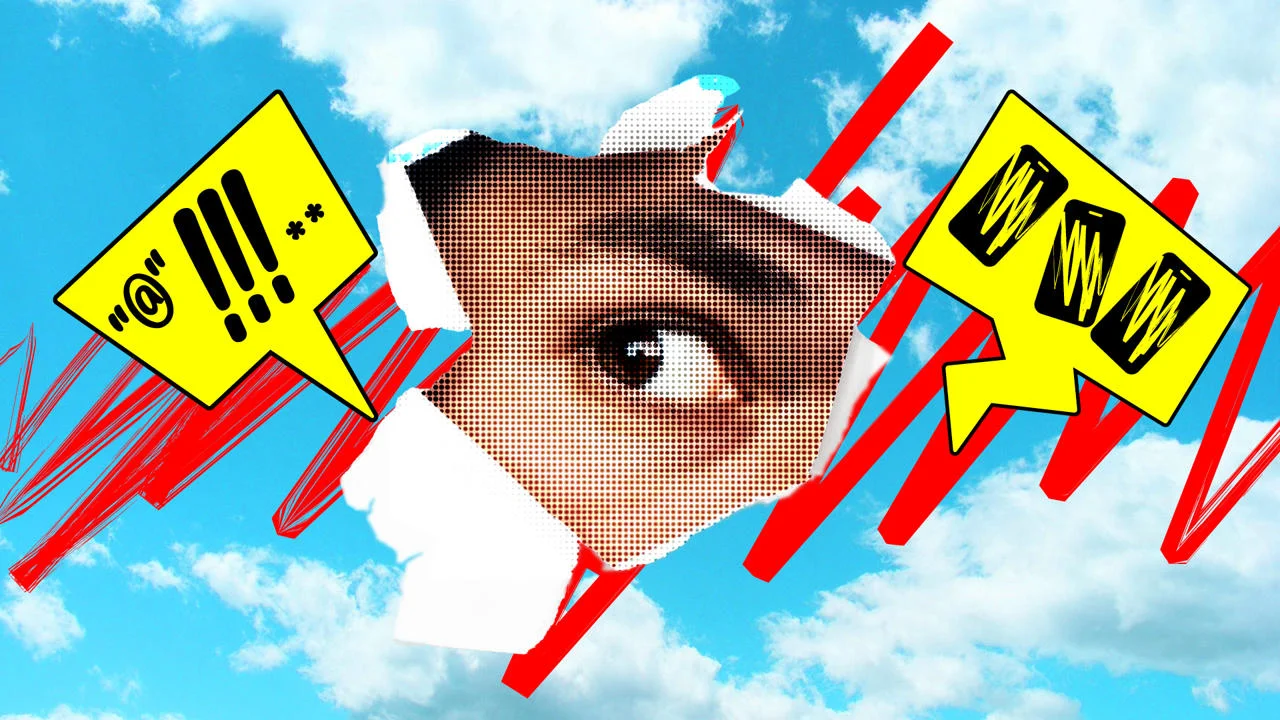
Contents
- Populism, division and echo chambers
- Cosmopolitanism, citizenship, immigration
- Increased immigration could make us all wealthier
- The Open Society as (informational) transparency
- Communitarianism: how likes and retweets have become proxies for real connection
- Free exchange of ideas and the pitfalls of group bias
- The revolution will not be televised
The Open Society and its Enemies (1945), Karl Popper’s seminal defence of liberal society, sets out his vision for a just and democratic world, bolstered by openness, tolerance and critical thinking. Nearly 80 years on, however, with no-platforming, cancel culture, polarisation and populism on the rise, has today’s liberal society turned its back on the very values Popper espoused?
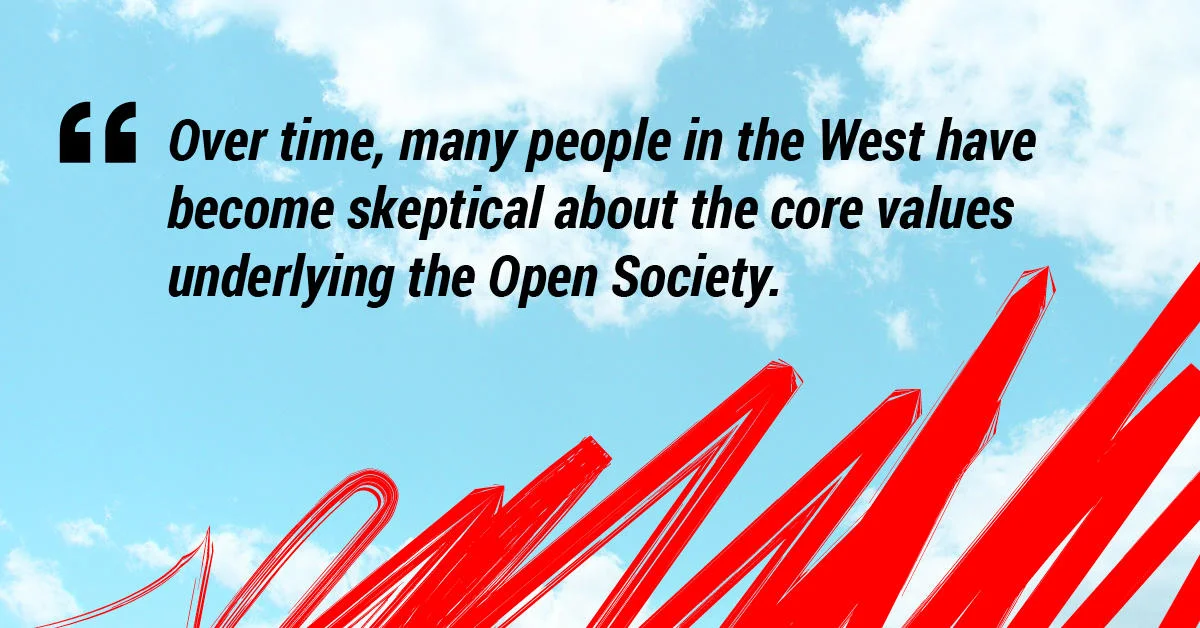
Populism, division and echo chambers
"I was initially concerned with the way our sharing of individual life experiences on the internet was eroding privacy, which led to a number of other issues, such as the commodification of personal information and how that was being weaponised," Professor Alexander says.
Pointing to scandals like Cambridge Analytica’s use of personal data, he highlights how today's transparency has enabled unscrupulous use of our data, affected our opinions and seeded societal discord.
"It became clear to me that many of the values of ‘the West’ that existed during the Cold War – what we thought were positive features – have gone through what I call in the book an inversion of values, and are now being seen, as a result of populist movements and a number of other factors, as threats or concerns to Western democracies," says Professor Alexander.
"That’s the reason why the book is called The Open Society as an Enemy –because it talks about how, over time, many people in the West have become skeptical about the core values underlying the Open Society, and have begun to see it as a danger or a threat. In the book I try to correct this inversion of values that has taken place, by giving an argument against this view."
Professor J McKenzie Alexander, Department of Philosophy, Logic and Scientific Method at LSE, believes so. His new book, The Open Society as an Enemy, published by LSE Press, examines four interconnected themes related to ideals championed by Popper – cosmopolitanism, transparency, the free exchange of ideas, and communitarianism. The book sets out some of the challenges we face today, and defends the value of the Open Society in our fractious times.
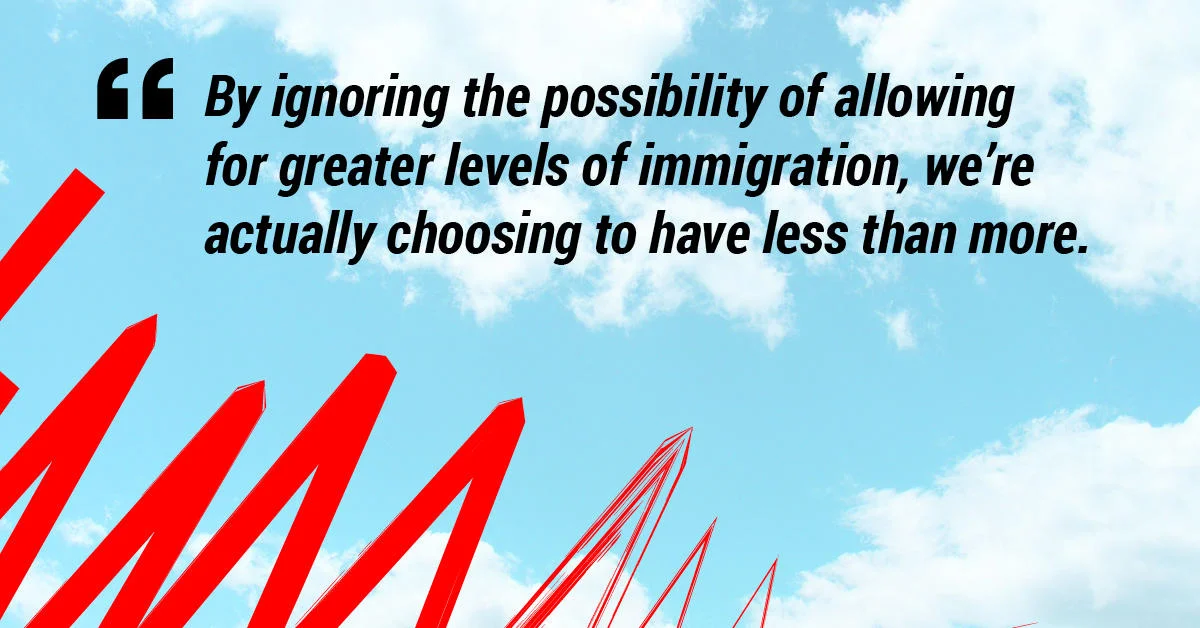
Cosmopolitanism, citizenship, immigration
One ideal of the Open Society is that of a global community, shaped by universal values like freedom and justice and human rights, which both transcend and enable national loyalties. Putting this in the modern context, the book first turns to the way citizenship, immigration and freedom of movement are viewed today.
Concerns about immigration and freedom of movement can be divided into two types, he explains: "Firstly, citizenship is one of the greatest determinants of one’s life, opportunities and life changes, but it’s a birthright lottery. This gives rise to a huge natural injustice that affects people fantastically. And so, on a purely moral basis, we can argue that there’s an injustice here that needs to be corrected.
"On the other hand, there are a number of very practical economic and sociological concerns about what happens if we allow for greater levels of immigration, or if we allow for immigration at all, which do also need to be considered."
Increased immigration could make us all wealthier
To explore the validity of these arguments Professor Alexander turned to the economics literature, citing a number of models that find that greater levels of immigration could lead to a significant rise in world GDP. "There’s a wonderful paper with the subtitle ‘Trillion-Dollar Bills on the Sidewalk?’, which argues that by ignoring the possibility of allowing for greater levels of immigration, we’re actually choosing to have less than more," he says.
Professor Alexander acknowledges this point is controversial, but stresses that, while concerns about mass movement are legitimate, there are natural experiments that serve as examples of how unregulated migration can operate with minimal impact.
America – one country divided into 50 different states between which people can move with no restriction – is one such example. "The US has had over 200 years to achieve an equilibrium with free movement, meaning it’s now relatively self-sustaining and we don’t see the kind of fears about sociological disruption that are so prevalent in people’s minds when they think about free movement of people elsewhere.
"One of the philosophical observations I make in the book is that we have these models that show we could all be better off if we allow more freedom of movement. Doesn’t that at least suggest that we should consider the possibility of having higher levels of immigration than we’re currently willing to entertain?"
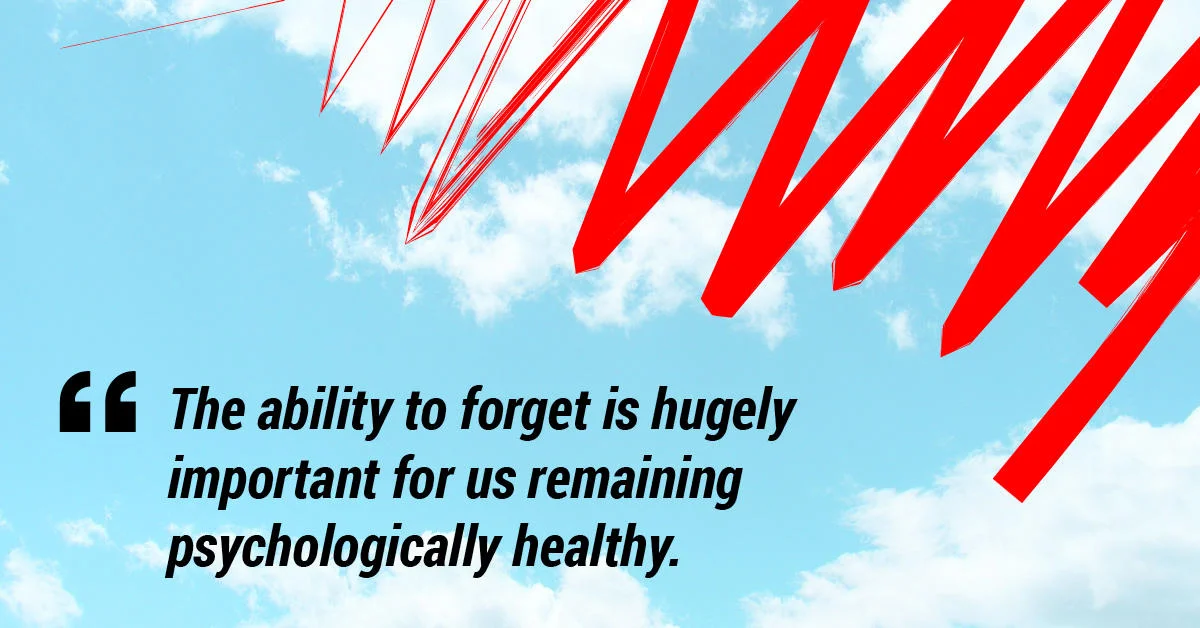
The Open Society as (informational) transparency
Popper believed an equitable society required a commitment to science and the critical analysis of evidence, and, hence, informational transparency. But while transparency may help guard against corruption or democratic decay, sharing information today also brings the risk of being no-platformed, ostracised and vilified for merely expressing one’s beliefs.
"Thinking about the Open Society as transparency requires us to answer questions about ourselves. How much of our personal information do we want to make available and what might the consequences be? Because once that information is out there, you can't erase it," cautions Professor Alexander.
"In the book I ask what the good and bad-making features of this openness are, and what the sensible way of dealing with these really important questions should be."
To explain the damage unfettered access to information can do, Professor Alexander highlights the experiences of people with Highly Superior Autobiographical Memory (HSAM).
"People with HSAM are unable to forget most things which have happened to them. But while having that level of recall initially sounds wonderful, the reality is that the people who have this phenomenal memory can’t escape the negative things that have happened to them as well. Every difficult encounter or mistake they’ve made is there," he says.
"The ability to forget is hugely important for us remaining psychologically healthy. One thing that is potentially worrying about the kind of society we’re creating – where everything goes down on your permanent record and nothing can ever be erased or forgotten – is that we’re blindly walking into a society where we’re preventing the very possibility of things that seem to be required in order for people to lead healthy mental lives."
Communitarianism: how likes and retweets have become proxies for real connection
Connection, whether through family, friends or acquaintances, is also important to maintaining one’s mental health – but are the ways we’re currently choosing to connect doing more harm than good? Maslow’s hierarchy of needs is helpful in considering this question, argues Professor Alexander.
Maslow’s hierarchy sets out the needs that must be met if we are to achieve self-actualisation, including safety and security, love and belonging, and self-esteem. While these needs have not changed, how we have come to view them has been impacted by the advent of the internet and social media, Professor Alexander argues.
"The way we think now about being valued by a community has changed from where we were 20 or 30 years ago. Whether it's likes on social media, or getting retweeted, these things are proxies that people have been taught to want as a way of trying to fulfil the very real psychological needs we find in Maslow’s hierarchy," he explains.
"It's not clear, however, whether these wants are actually sufficient for realising our needs. In the book I question if, in looking for likes or retweets, we’re actually chasing the sugar rush rather than the truly nutritious, substantive meal. My concern is that, in a number of senses, people are using these proxies as a way to satisfy very real and justified human needs – but these proxies just aren’t adequate to doing the job right."
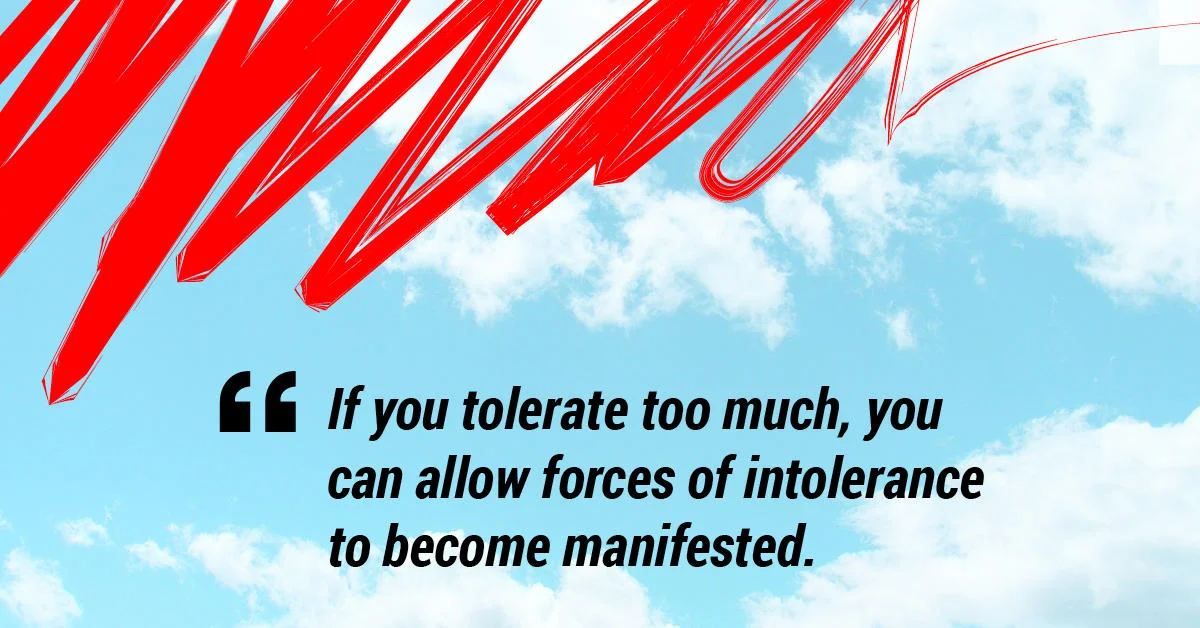
Free exchange of ideas and the pitfalls of group bias
These proxies can do more damage, however, than not meeting our psychological needs. Today, going viral for the wrong opinion can lead to lasting damage.
"One of the big themes in the book is the role played by people’s social identity. The reason that’s important is because our identity isn’t just what we think and feel. It also involves our group memberships and the various social categories we belong to and how those factors influence our behaviour."
Professor Alexander points to a body of social psychology work on group bias, which finds that people tend to favour those who are in their social group, while showing bias against those considered outside their local group, community or social category. Not only is this a universal phenomenon, but it can be triggered by extremely minor differences, he says.
"It turns out that psychological biases can be induced by really minimal categorical differences, and the reason why this matters is because when you realise just how sensitive group bias is, and how many different social categories people belong to, and the way in which you can make social categories salient or not, it means this is actually a very powerful psychological force that influences human behaviour on a daily basis."
This raises an interesting philosophical challenge, says Professor Alexander: "On the one hand, we're told that we should encourage people to celebrate their social identities and all the different aspects which are part of who they are. But the flipside of this is that we now know that social categories can be very deep drivers of social conflict.
"If we want a society that’s healthy, we need to recognise just how deeply built into people’s psychology group bias is, and we need to think about what the appropriate way is of dealing with this phenomenon."
The revolution will not be televised
Professor Alexander ends his book with a quote from Gil Scott-Heron’s famous poem, "The revolution will not be televised".
"Scott-Heron said that the first revolution is when you change your mind about how you look at things and see that there might be another way to look that you have not been shown. That’s really where I hope readers will arrive at when they finish the book, because the most important revolution is the kind that Scott-Heron was talking about – where we understand that important aspects of value can be found outside our particular social tribe," says Professor Alexander.
"To conclude by bringing this back to Popper, one of the important points he made in his book is that if you tolerate too much, you can allow forces of intolerance to become manifested and that can actually work to undermine a tolerant society.
"I worry we've become a much more intolerant society, but there are ways we can improve things. The first step we need to take is to realise that these problems won't have easy solutions, and that they require us to make big, long-term decisions about the kinds of society we want to create and why.
"The second is to dial down the temperature and take a more measured and careful approach to how we think about, and attempt to resolve, some of these disagreements. Because if we can’t have these difficult conversations, that really imperils the ability for all of us to be able to work together in the way that’s necessary for us to ensure a healthy, functioning society."
Professor J McKenzie Alexander was speaking to Jess Winterstein, Deputy Head of Media Relations at LSE.
Download this article as a print-optimised PDF [266KB].




